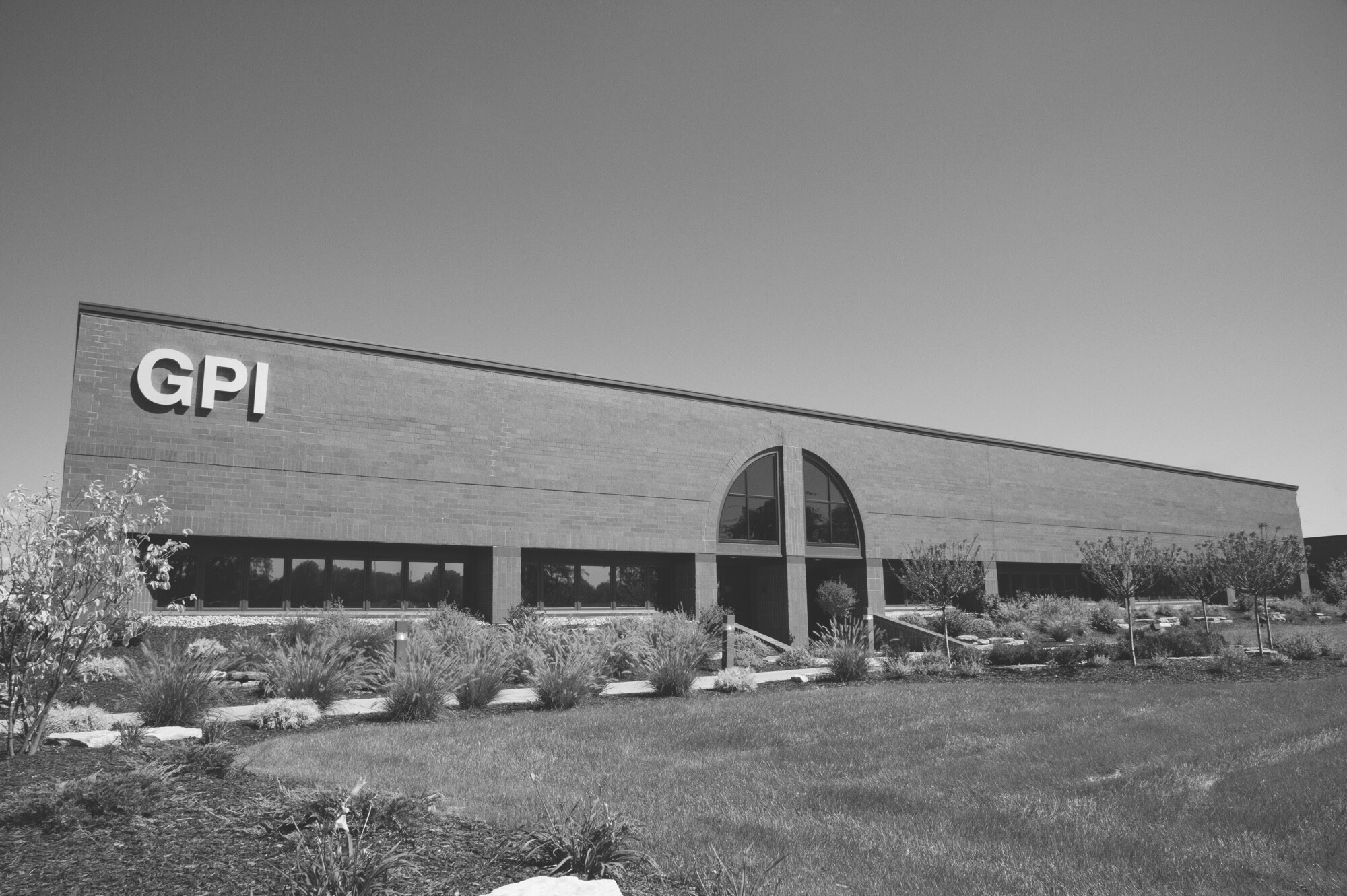Throughout Autumn, construction crews work hard to complete as many projects as possible before freezing temperatures and winter weather hit. With the summer heat fully behind us and the first frost on the horizon, this time of year becomes a critical time to think about how this temperature swing impacts your equipment.
Your dozers, excavators, and loaders feel the stress of these temperature swings, especially when it comes to lubrication. The transition from hot to cold is a high-risk period, since lubricants that performed well in July can underperform when the weather gets cold, causing hard starts and accelerated wear.
This guide will provide a practical strategy for managing your fleet's lubrication through the seasons, ensuring your equipment is protected year-round.
How Does Summer Heat Damage Heavy Equipment Lubricants?
While hot weather may be behind us for the year, it's still a good idea to understand the stress that summer heat puts on your equipment. High operating temperatures in hard-working engines and hydraulic systems cause lubricants to thin out, which can reduce the strength of the protective film between moving parts. That oil film is a microscopic layer separating critical metal surfaces, and in the summer heat, that layer thins out and reduces its ability to carry the load. The result is more metal-to-metal friction, which generates even more heat and accelerates wear on components like your engine's pistons and bearings.
At the same time, heat dramatically accelerates oil oxidation, which degrades the lubricant, creates harmful sludge, and shortens its effective service life. The ideal summer lubricant has high thermal stability and a robust antioxidant package to fight this degradation. This is where synthetic oils excel, as they naturally resist the effects of heat far better than conventional oils.
For example, a full synthetic heavy-duty engine oil like Mobil Delvac 1™ ESP 5W-40 is specifically formulated with a robust antioxidant package to resist thermal breakdown, ensuring your engine is protected even on the hottest days.
Why the Right Lubricant is Critical for Cold Morning Starts
With morning temperatures in Northern Indiana already dropping, the next challenge is cold-weather performance. As oil gets cold, it thickens, making it much harder for the oil pump to circulate it on startup. On a frigid morning, the oil in the sump is thick and resists flowing to the pump. For the first critical seconds after you turn the key, the pump struggles to circulate the thick fluid, meaning key components like the camshaft and turbocharger can be running with insufficient lubrication. This brief period of metal-on-metal contact is where a massive amount of an engine's total wear and tear occurs.
This problem affects other systems, too. Thick hydraulic fluid leads to sluggish, unresponsive controls, and grease can become so stiff that it fails to flow through auto-lubrication systems, leaving critical pins and bushings unprotected. Choosing the right lubricant for each system is critical.
For engines, a synthetic diesel oil like Mobil Delvac 1™ ESP 5W-40 provides immediate flow for critical protection on startup.
For hydraulic systems, a fluid from the Mobil DTE 10 Excel™ Series is designed to resist thickening in the cold, preventing sluggish performance.
For grease points, a synthetic grease from the Mobilith SHC™ Series ensures that auto-lubricators can deliver vital protection on the coldest mornings.
The All-Season Advantage: How Synthetics Simplify the Swing
The key to managing these seasonal swings is a lubricant that can handle both extremes. An oil's ability to resist changes in viscosity across a wide temperature range is measured by its Viscosity Index (VI).
High-quality synthetic lubricants have a naturally high VI, meaning a single product can provide a strong, protective film in the summer heat and excellent flow on a winter morning. For example, a conventional oil like Mobil Delvac™ 1300 Super 15W-40 might provide adequate protection at operating temperature, but it becomes very thick and slow-to-flow in the cold.
In contrast, a full synthetic oil like Mobil Delvac 1™ ESP 5W-40 has a much higher Viscosity Index. The '5W' rating signifies that it flows easily for excellent cold start protection, while the '40' rating ensures it maintains a strong, protective film once the engine is hot. That’s the power of a high VI—one lubricant that does the job of two.
This simplifies inventory and often reduces the need for disruptive seasonal lubricant changes. This year-round stability and resistance to breakdown is what makes extended service intervals a realistic goal. By using a robust synthetic that doesn't degrade quickly, fleets can often safely push their oil changes further, thereby reducing both maintenance costs and equipment downtime
Using Oil Analysis to Maximize Uptime and Verify Protection
Even with the best lubricants, the stress of seasonal temperature swings and dusty construction sites is unique. The only way to know for sure how your oil and equipment are holding up is through regular oil analysis.
A program like Mobil Lubricant Analysis (MLA) is the key to a proactive maintenance strategy. It can spot wear metals, contaminants, and oil degradation early. For a construction fleet, this is invaluable. An analysis can reveal high levels of silicon (dirt) being ingested by the engine—a sign that an air filter needs checking. Or it could detect fuel dilution in the oil, pointing to an injector problem. Catching these issues early is the difference between a simple filter change and a full engine rebuild.
Conclusion: A Lubricant Strategy for Every Season
A strategic approach to lubrication that addresses all temperature conditions is critical for keeping your equipment in service as much as possible, and keeping maintenance costs down.
If you’re not sure whether your lubrication strategy is optimized, feel free to contact us to get started with a fleet lubrication assessment. We can ensure you have the right products for seamless, year-round protection and help you implement powerful cost-saving programs like Mobil’s Double Your Drain Challenge, and leverage data from oil analysis with Mobil’s Fleet Uptime program.
